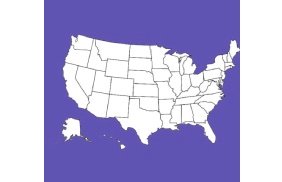Cannabis businesses should prepare now for certain tax benefits since the Drug Enforcement Administration’s (DEA) recent recommendation to reschedule cannabis from a Schedule I controlled substance to a Schedule III controlled substance. Namely, the rescheduling will enable cannabis companies to escape the federal tax deductions and credits prohibition embodied in Internal Revenue Code Section 280E.
Section 280E prohibits businesses from taking deductions or credits for any amount that was paid or incurred as part of “any trade or business if such trade or business…consists of trafficking in controlled substances….” Notably, Section 280E’s prohibition only applies to controlled substances falling under Schedule I and II of the Controlled Substances Act. Because Schedule III controlled substances are not included in the Section 280E prohibition, the rescheduling of cannabis provides tax planning opportunities for the cannabis industry.
The rescheduling will impact cannabis business’s availability of deductions and credits. Generally, a business expense must be ordinary and necessary to be deductible. In determining whether an expense is ordinary, the Internal Revenue Service looks at whether an expense is common and accepted in the taxpayer’s industry. Similarly, the determination of whether an expense is necessary is also determined by the taxpayer’s trade or business. Given that Section 280E prohibited cannabis companies from benefiting from business expense deductions, the IRS has not published any guidance on which categories of expenses will satisfy “ordinary and necessary” in the cannabis context. Also, there may be an opportunity for cannabis businesses to qualify for federal tax credits (e.g., research credit, employment credits, etc.).
Similarly, the rescheduling of cannabis may impact the way cannabis companies allocate expenses to cost of goods sold. Historically, cannabis companies have relied on allocating the appropriate expenses to cost of goods sold to reduce their tax burden. Such a reliance on cost of goods sold has greatly disadvantaged cannabis companies, which often have effective tax rates of two to three times that of comparable non-cannabis companies. The rescheduling of cannabis from a Schedule I to a Schedule III controlled substance may require a reevaluation of the computation of cost of goods sold as business expenses may be utilized under other provisions of the Internal Revenue Code once Section 280E is no longer applicable.
[View source.]
https://www.jdsupra.com/legalnews/high-time-for-cannabis-businesses-to-1806146/




